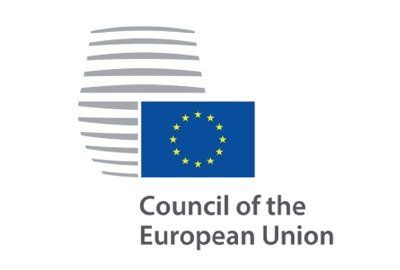Blog Layout
EU Clarifies Stance on All Stablecoins, Not Just Global Stablecoins Like Facebook's Libra
PAR002_123 • Dec 05, 2019
EU Clarifies Stance on All Stablecoins, Not Just Global Stablecoins Like Facebook's Libra
The Director of the EU and International Affairs Department at the Lithuanian Ministry of Finance denied that the statement was solely targeted at Facebook's Libra.
“It is not only about Facebook. In fact, you will not find any mention of Facebook in the document. The Facebook initiative sparked the discussion. But the EU’s position would apply to any other Stablecoin initiatives.”
According go the director, the commission hopes to establish its position on Stablecoins in advance of any release.
Trakelis said this will help companies understand how the regulatory land lies in the EU before they launch token-powered projects and stated “The joint statement does not mean that EU is against innovations or simplified payments. The EU wants to protect consumers and ensure the financial stability of EU countries.”
The EU has a number of concerns and says it has sent a questionnaire to the social media platform but has yet to receive answers.
“At the moment we don’t have information about what Libra will look like. There have been attempts to obtain more information and prepare for any risks that could arise. That’s why the statement was issued – indicating that before the launch of any of these operations, all the relevant regulatory and legal risks should be identified,” he explained.
Other main points from the joint statement:
- Stablecoins may present opportunities in terms of cheap and fast payments;
- Stablecoins pose multifaceted challenges and risks (consumer protection, taxation, monetary sovereignty etc.);
- Stablecoins should not undermine existing financial and monetary order as well as monetary sovereignty in the EU;
- There is a need to ensure legal clarity about the status of stablecoin arrangements and entities that intend to issue stablecoins, or carry out other activities involving stablecoins in the EU should provide full and adequate information urgently;
- Tackling the challenges raised by "Global Stablecoins" requires a coordinated global response;
- The emergence of stablecoins highlight the importance of continuous improvements to payment arrangements.
Joint statement by the Council and the Commission on "stablecoins"
Council of the EU Press release 5 December 2019 12:54
Reference: https://www.consilium.europa.eu/en/press/press-releases/2019/12/05/joint-statement-by-the-council-and-the-commission-on-stablecoins
The Council and the Commission adopted the following statement:
"1. Technological innovation can produce great economic benefits for the financial sector, promoting competition and financial inclusion, broadening consumer choice, increasing efficiency and delivering cost savings for financial institutions and the economy at large.
2. So-called "stablecoins" may present opportunities in terms of cheap and fast payments, especially cross-border payments. At the same time, these arrangements pose multifaceted challenges and risks related for example to consumer protection, privacy, taxation, cyber security and operational resilience, money laundering, terrorism financing, market integrity, governance and legal certainty. When a "stablecoin" initiative has the potential to reach a global scale, these concerns are likely to be amplified and new potential risks to monetary sovereignty, monetary policy, the safety and efficiency of payment systems, financial stability, and fair competition can arise.
3. As underlined by the recent report of the G7 working group dedicated to these issues, global "stablecoin" projects and arrangements should not come into operation until all of these risks and concerns are properly addressed. We reaffirm our willingness to appropriately tackle the challenges raised by these initiatives on the basis of an EU common understanding and coordinated approach. These initiatives should not undermine existing financial and monetary order as well as monetary sovereignty in the European Union.
4. There is a need to ensure legal clarity about the status of "stablecoin" arrangements. Some recent projects of global dimension have provided insufficient information on how precisely they intend to manage risks and operate their business. This lack of adequate information makes it very difficult to reach definitive conclusions on whether and how the existing EU regulatory framework applies. Entities that intend to issue "stablecoins", or carry out other activities involving "stablecoins" in the EU should provide full and adequate information urgently to allow for a proper assessment against the applicable existing rules.
5. Tackling the challenges raised by "global stablecoins" requires a coordinated global response. The risks raised by "stablecoin" arrangements should be subject to clear and proportionate regulatory and oversight frameworks, established on a sound evidence base and based on general principles and applicable to all "stablecoin" arrangements. Consistent with the global response, the Council and the Commission are willing to act swiftly, in cooperation with the ECB and with national and European Supervisory Authorities. This approach should include consultation and development of the evidence base as precursors to potentially developing new legislation for a common EU approach to crypto-assets, including "stablecoins". While the Council and the Commission are committed to put in place a framework that will harness the potential opportunities that crypto-assets may offer, we acknowledge the risks that some present. The Council and the Commission are prepared to take all necessary measures to ensure appropriate standards of consumer protection and orderly monetary and financial conditions. All options should be on the table, including any measures to prevent the creation of unmanageable risks by certain global "stablecoins".
6. In view of the above, the Council and the Commission state that no global "stablecoin" arrangement should begin operation in the European Union until the legal, regulatory and oversight challenges and risks have been adequately identified and addressed.
7. The emergence of "stablecoin" initiatives highlight the importance of continuous improvements to payment arrangements in order to meet market and consumer expectations for convenient, fast, efficient and inexpensive payments – especially cross-border. While European payment systems have already made significant progress, European payment actors, including payment services providers, also have a key role to play in this respect. We note that the ECB and other central banks and national competent authorities will explore further the ongoing digital transformation of the payment system and, in particular, the consequences of initiatives such as "stablecoins". We welcome that central banks in cooperation with other relevant authorities continue to assess the costs and benefits of central bank digital currencies as well as engage with European payment actors regarding the role of the private sector in meeting expectations for efficient, fast and inexpensive cross-border payments."
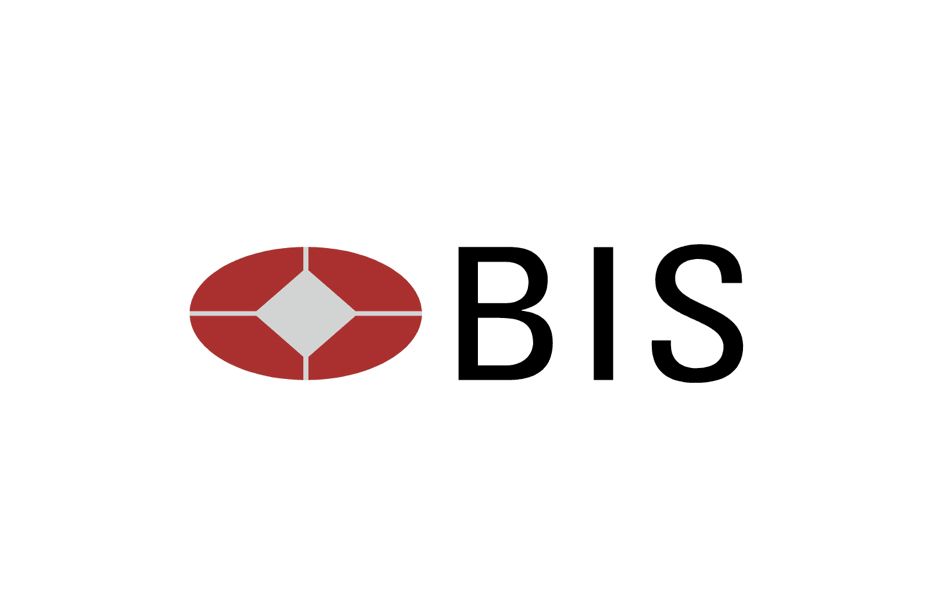
07 Mar, 2024
In response to the increasing prominence of global stablecoins (GSCs) and their potential implications for financial stability, the Bank for International Settlements (BIS) has introduced a comprehensive set of recommendations aimed at regulating and supervising these widely adopted digital assets.
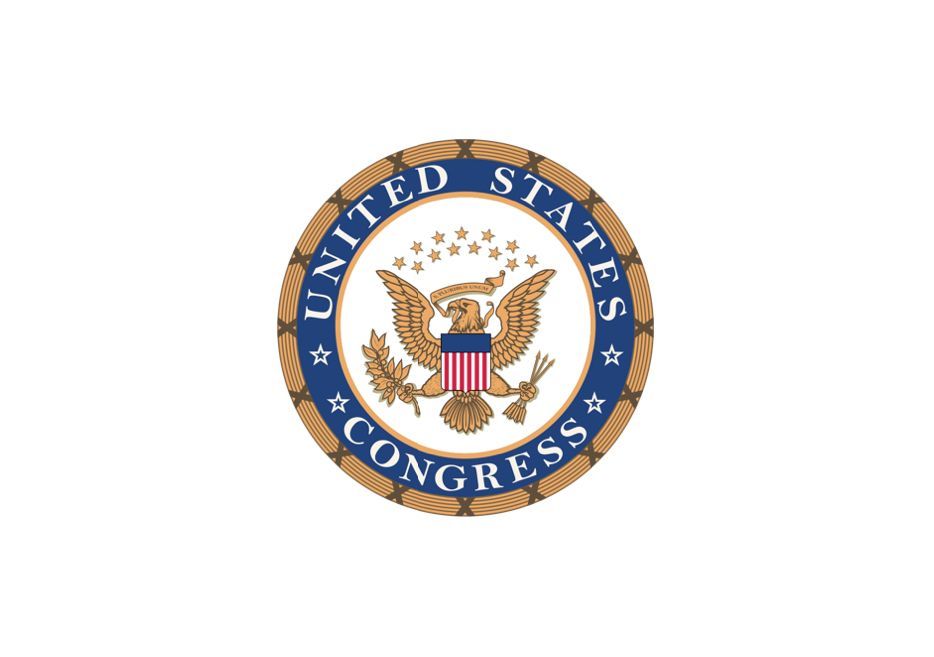
29 Jul, 2023
In a noteworthy development within the U.S. Congress, a long-awaited stablecoin bill made significant progress as it graduated from the House Financial Services Committee. However, the advancement of the Republican-backed bill was marred by a partisan clash and objections from the White House, leaving the committee chair, Patrick McHenry (R-N.C.), lamenting the missed opportunity for a bipartisan deal.

13 Jul, 2023
A new crypto oversight bill reintroduced by Senators Cynthia Lummis and Kirsten Gillibrand is making waves in the U.S. Senate. The bill proposes that crypto exchanges be overseen by the Commodity Futures Trading Commission (CFTC) rather than the U.S. Securities and Exchange Commission (SEC). Additionally, it calls for all stablecoin issuers to be regulated depository institutions. This bill represents a significant effort to establish U.S. regulation for the crypto industry and addresses the division of oversight between the SEC and CFTC.
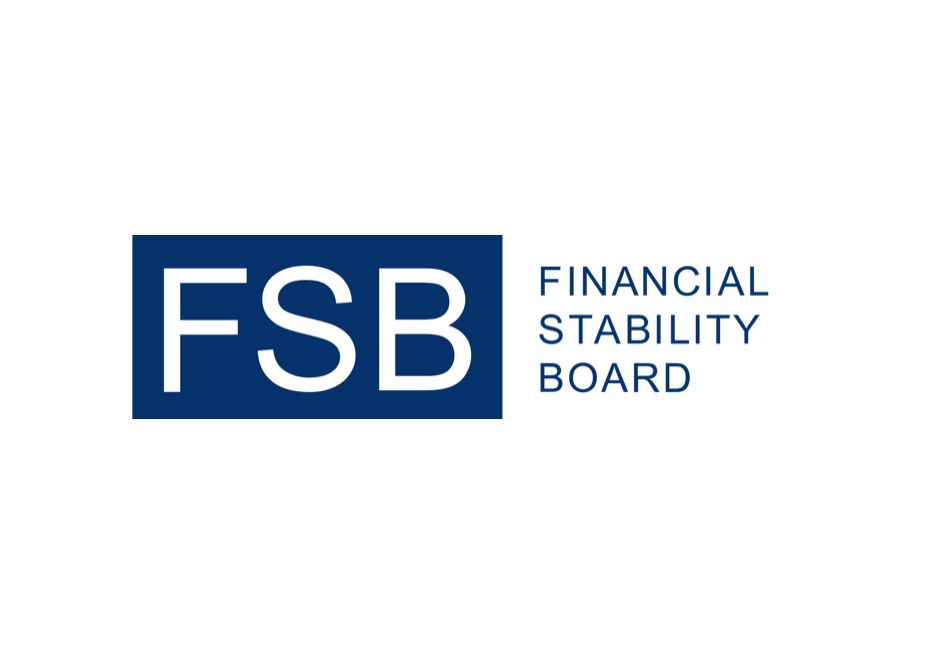
13 Jul, 2023
In preparation for the upcoming G20 Finance Ministers and Central Bank Governors meeting in India, Klaas Knot, Chair of the Financial Stability Board (FSB), has highlighted the recent banking turmoil and the FSB's commitment to learning valuable lessons from these events. In a letter addressed to the G20 officials, Knot emphasized the importance of addressing risks associated with crypto-assets and global stablecoin arrangements, as well as providing updates on efforts to tackle climate-related financial risks.
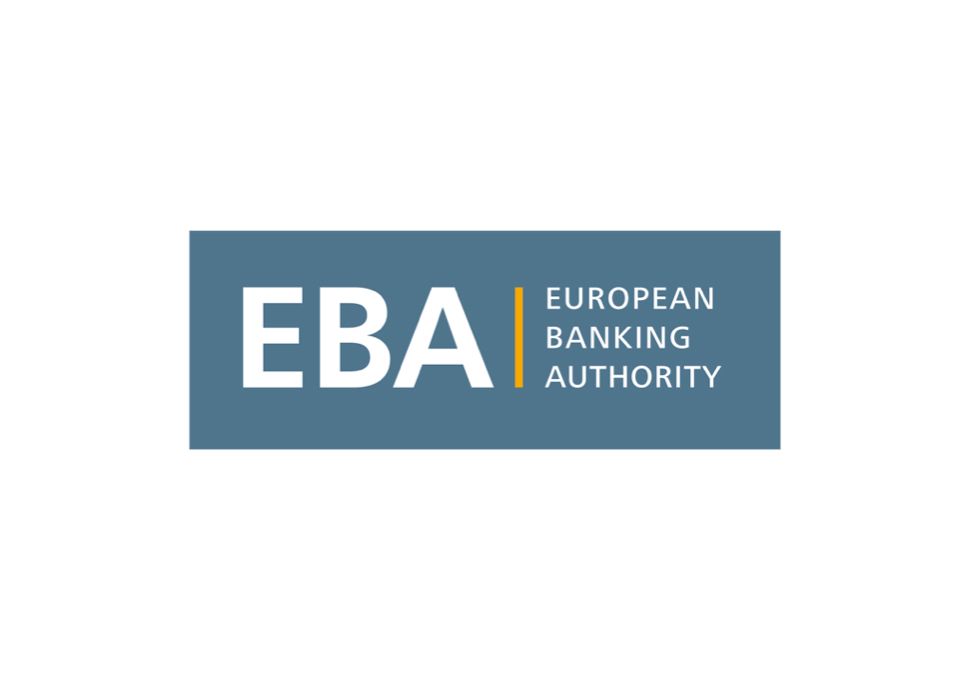
12 Jul, 2023
E-Money Token (Stablecoin) issuers have been advised to proactively prepare for the forthcoming regulations set by the European Union, according to the European Banking Authority (EBA). Although the rules of the Markets in Crypto Assets (MiCA) framework will officially come into effect in June 2024, the EBA emphasised the importance of early preparation to protect consumers and avoid disruptions for companies. The MiCA regulation includes provisions on governance, reserve requirements, and licensing for crypto wallet providers and exchanges.

12 Jul, 2023
According to a recent study by Juniper Research, the value of payment transactions made with stablecoins is predicted to surpass $187 billion by 2028, a significant increase from $53 billion in 2023. The study, titled "CBDCS & STABLECOINS: KEY OPPORTUNITIES, REGIONAL ANALYSIS & MARKET FORECASTS 2023-2030," highlights the rapid progress of stablecoins in the cross-border market, where they offer an alternative to slow, expensive, and difficult-to-track existing payment systems.
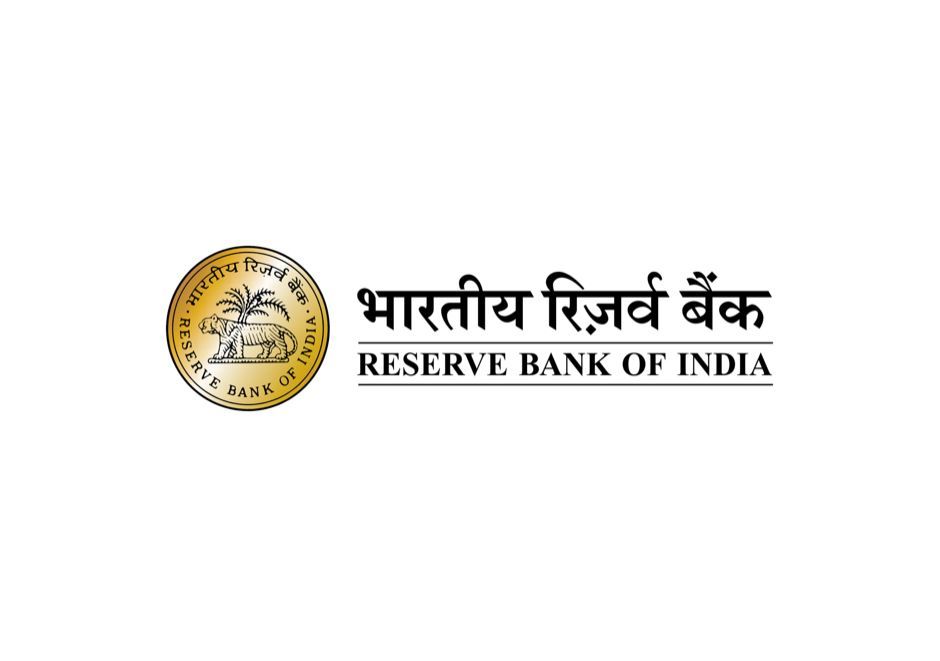
12 Jul, 2023
Reserve Bank of India (RBI) Deputy Governor T Rabi Sankar expressed India's concerns about stablecoins, emphasising their potential threat to policy sovereignty. In a speech at a banking event, Sankar called for a global financial system based on central bank digital currencies (CBDCs) issued by each country for settling global payments. He highlighted the importance of CBDCs in maintaining financial stability and independence, stating, "We should ideally aim for a global financial system which rests on central bank digital currencies (CBDCs) issued by each country to settle global payments, and not rely on stablecoins."
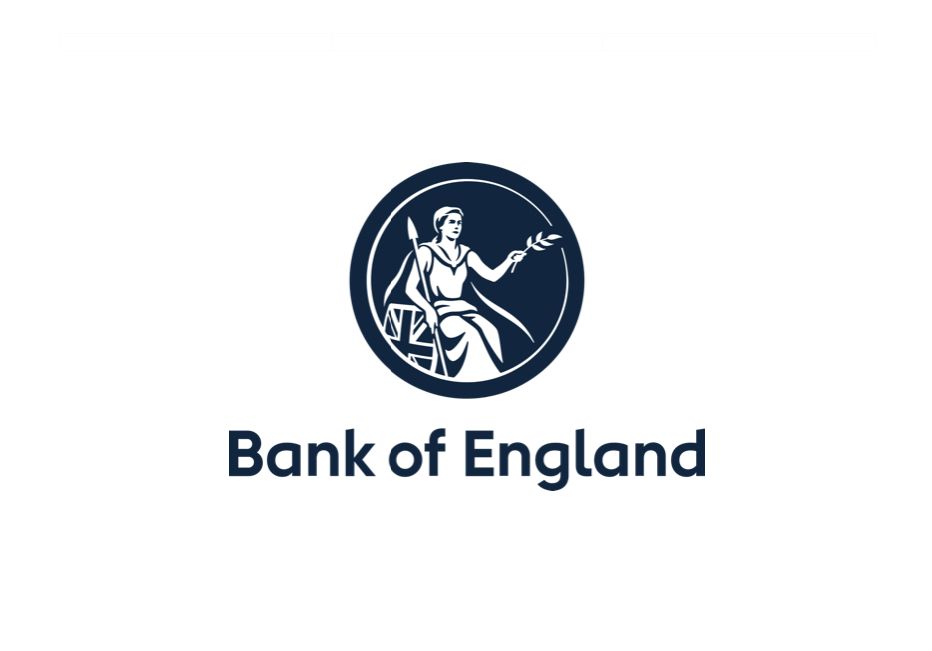
11 Jul, 2023
In a speech delivered on July 10, Bank of England (BOE) Governor Andrew Bailey shared his perspective on digital currencies, highlighting the potential of "enhanced digital money" while expressing reservations about cryptocurrencies and stablecoins. Bailey emphasised the need for regulatory oversight, stability, and usability in the evolving financial landscape.

06 Jul, 2023
In a move that could reshape the global stablecoin market, Hong Kong is considering the launch of its own stablecoin, HKDG, to rival established stablecoins such as USDT and USDC. This groundbreaking proposal, co-authored by prominent figures in academia and industry, including Vice Chancellor Wang Yang and angel investor Cai Wensheng, aims to enhance Hong Kong's position in the digital currency landscape and assert its leadership in the blockchain sector.
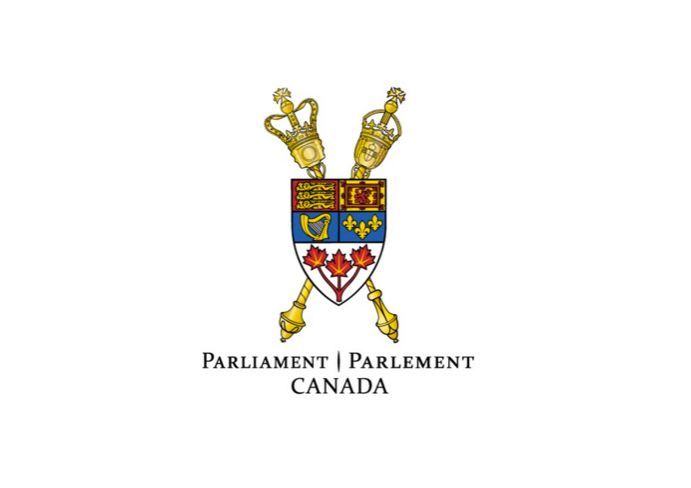
30 Jun, 2023
Canadian lawmakers have published a groundbreaking report that defends and supports the crypto industry, calling for the recognition of blockchain as a growing sector with the potential to drive job creation and economic growth. The report, which includes 16 recommendations, has garnered praise from industry participants, including leading cryptocurrency exchange Coinbase.
Disclaimer:
GlobalStablecoins.com is an informational website that provides news about coins, blockchain companies, blockchain products and blockchain events. Don’t take it as investment advice. Speak to an advisor before you risk investing in an ICO, Cryptocurrencies, Cryptoassets, Security Tokens, Utility Tokens, Exchange Tokens, Global Stablecoins, Stablecoins or eMoney Tokens. GlobalStablecoins.com is not accountable, directly or indirectly, for any damage or loss incurred, alleged or otherwise, in connection to the use or reliance of any content you read on the site.
Affiliate Disclosure / Sponsored Posts:
If a Sponsored Post contains any mention of a crypto project, we encourage our readers to conduct diligence prior to taking further action. GlobalStablecoins.com does not recommend that any cryptocurrency should be bought, sold, or held by you. Do conduct your own due diligence and consult your financial advisor before making any investment decisions.
GlobalStablecoins.com may receive compensation for affiliate links. Should you perform activities in relation to an affiliate link, it is understood that some form of compensation might be made to GlobalStablecoins.com. For example, if you click on an affiliate link, and sign up and trade on an exchange, GlobalStablecoins.com may receive compensation.
Before you invest in Cryptoassets you should be aware of the following,
Cryptoassets are considered very high risk, speculative investments.
If you invest in Cryptoassets you should be prepared to lose all your money.
All Sponsored Posts are paid for by crypto projects, coin foundations, advertising firms, PR firms, or other marketing agencies. GlobalStablecoins.com is not a subsidiary of any marketing agency, nor are we owned by any crypto or blockchain foundation.
The purpose of offering Sponsored Posts to our advertisers is to help fund the day-to-day business operations at GlobalStablecoins.com.
If you come across a Sponsored Post which you believe is fraudulent and/or “scammy,” please contact us and we will perform an immediate investigation.
© 2024
All Rights Reserved | GlobalStablecoins.com

